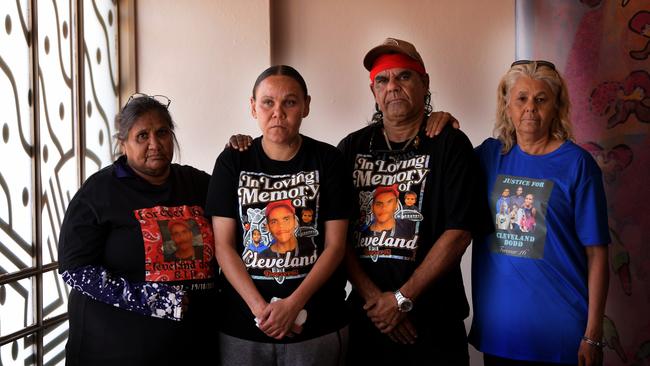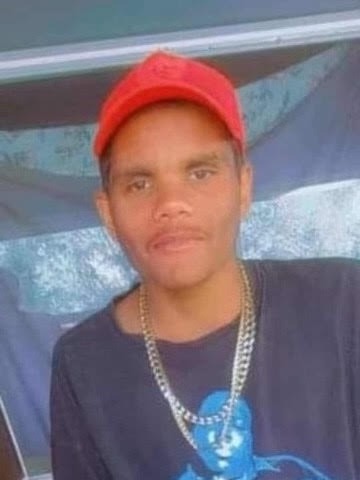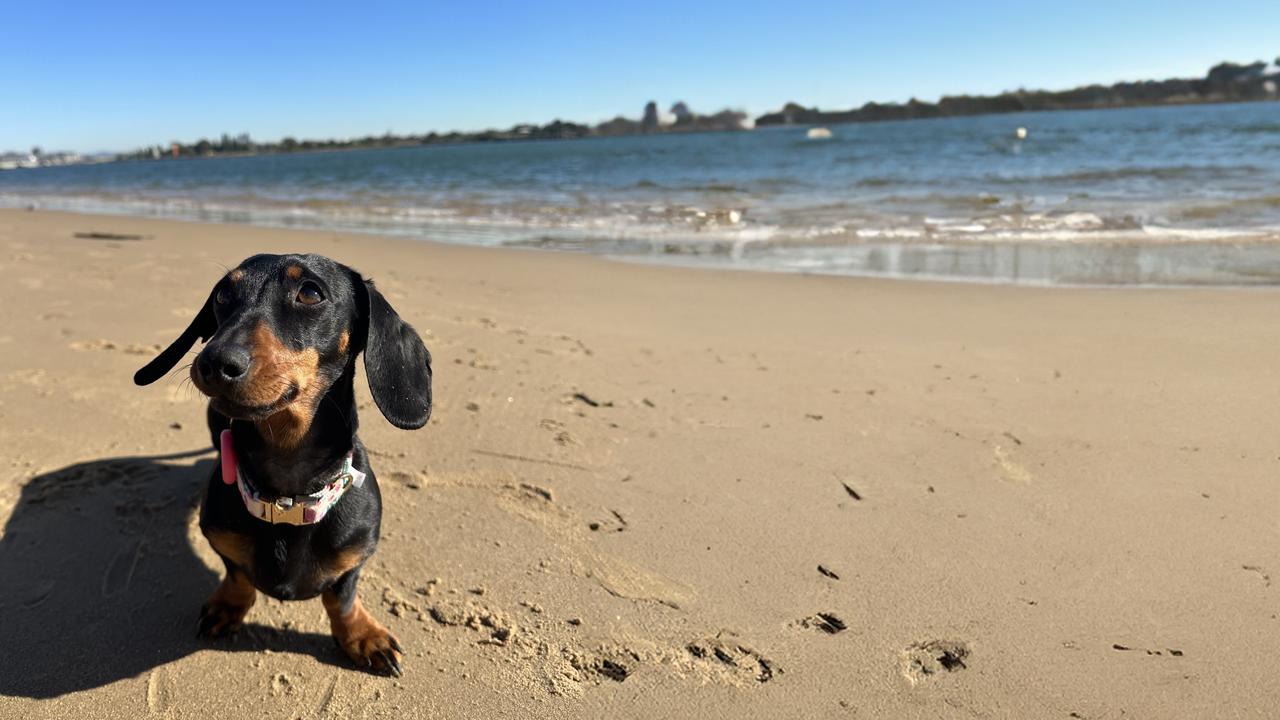Cleveland Dodd inquest: Troubled boy’s threat before fatal act
Indigenous teenager Cleveland Dodd told guards he intended to self harm eight times before he was found unresponsive in his cell, as an inquest begins into his death.

Cleveland Dodd, 16, told guards he intended to self harm eight times in the hours before he was found unresponsive in his cell. Officers in the high-security annexe of Perth’s juvenile detention centre had grown desensitised to his threats, the teen’s inquest was told on Wednesday.
The Aboriginal boy’s death has forced new attention on a juvenile detention regime that fails to manage violent, disturbed and very often disabled children and youths at the youth centre. Cleveland had been taken off the detention centre’s special monitoring system for self harmers before he died.
For 11 hours before he fatally self harmed on October 12, control room guards could not see what he was doing because he had used wet toilet paper to cover the CCTV camera in his cell. This was common practice by detainees.

On the first day of Cleveland’s inquest on Wednesday, coroner Phillip Urquhart listened to the boy’s life story as told by counsel assisting Anthony Crocker. In a short video played to the court, Cleveland could be seen and heard introducing his friends at Laverton, the small goldfields town about 1000km northeast of Perth. He was seven or eight then and a member of a firewood-gathering team – the children met at the youth centre before going into the bush to collect logs for old people to use on their camp fires.
There was joy in his voice on that day and laughter with his friends. However the inquest was told that by this age Cleveland’s life was already hard.
“Cleveland’s early life contained difficulties, and there are records that suggest Cleveland was exposed to family and domestic violence and substance use, community violence in the form of feuding and spending time older children among whom criminal offending was normalised,” Mr Crocker said.
Cleveland began getting into trouble at school when he was about nine. Quick to anger, he fought with other children. He was living between Laverton, where his mother lived, and Meekatharra, where his father’s family lived.
He was first arrested when he was 12. He was smoking cannabis at 13. At this age he was threatening his mother and siblings and threatening to hurt himself.
Child protection authorities got involved. A neuropsychologist assessed Cleveland when he was 14 and found he had a major depressive disorder, cannabis use disorder and probably a language disorder as well, though more tests were needed.
The neurospychologist found Cleveland’s emotional and behavioural difficulties were caused by many things, including his limited language abilities. In other words, he had trouble understanding what was being said to him and he lacked the skills to express his needs or describe his emotions.
There had been poor role modelling, low levels of adult supervision in his life, association with an anti-social peer group and a “developmental impact” from being exposed to family and domestic violence in early life.
Cleveland had been in and out of juvenile detention for about four years when he was sent there on remand last July for what the inquest was told was a very serious crime. He attacked guards. He hurt himself numerous ways including by bashing his head against the wall and by cutting himself with broken plastic.
On the night Cleveland inflicted injuries on himself that proved fatal, two other detainees in the high-security unit 18 had also threatened suicide. There are suppression orders on some details of the staffing arrangements, but the inquest will examine whether the office in charge was asleep.
Cleveland had been upset several times on the day before he was found unresponsive. Juveniles are supposed to get bail in all but the most extraordinary circumstances but he missed out on October 11 because the court had questions about where he would stay.



